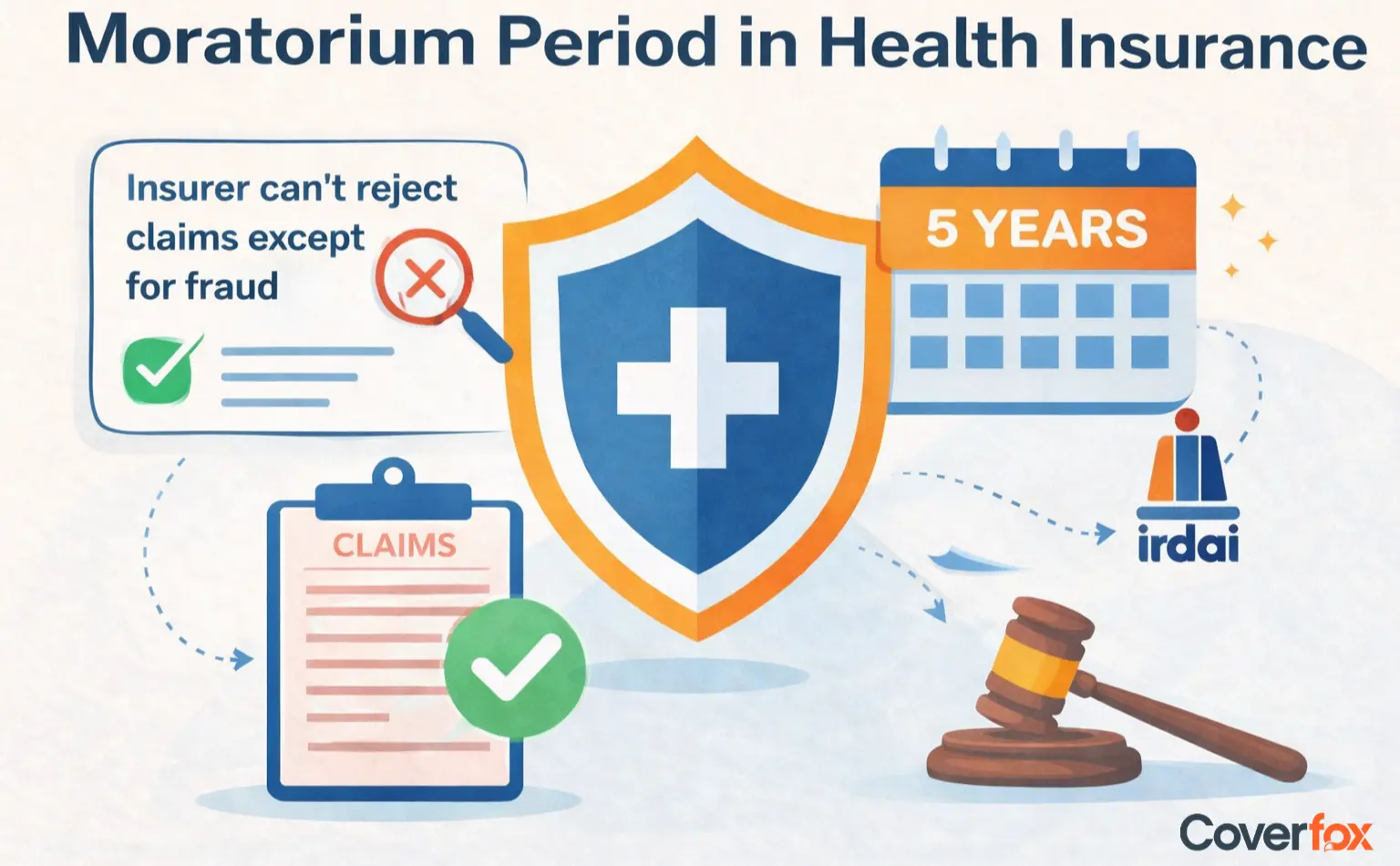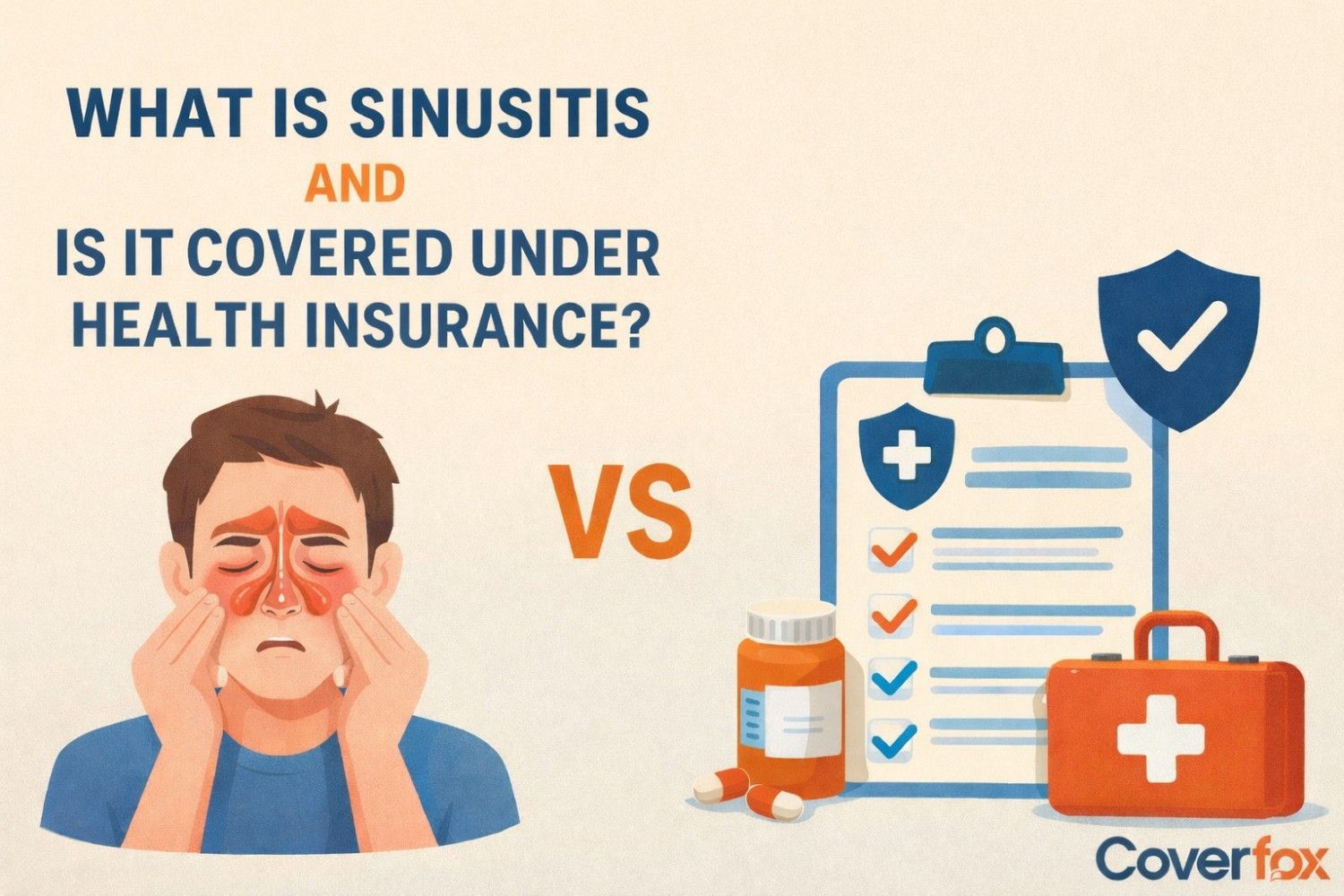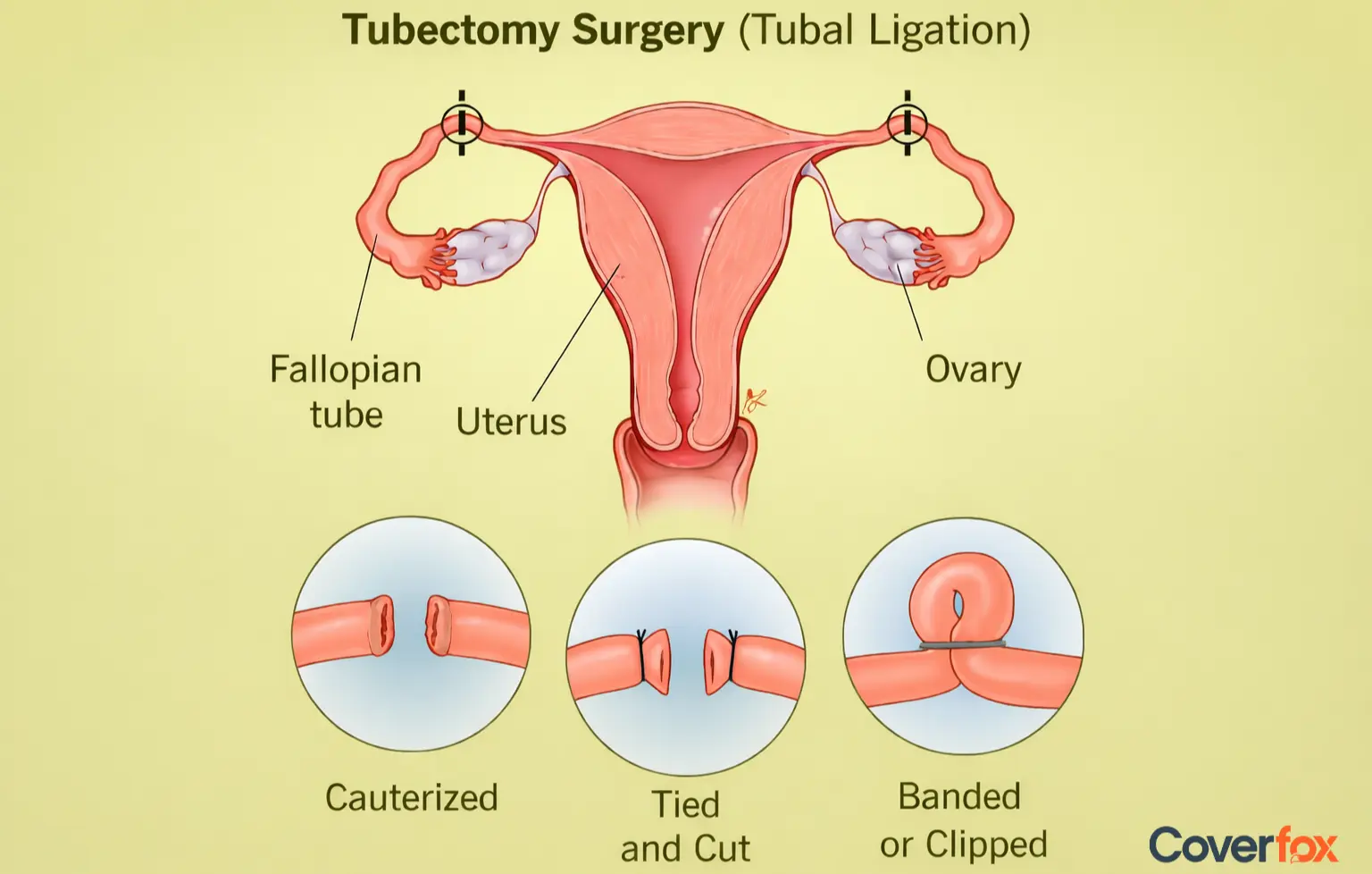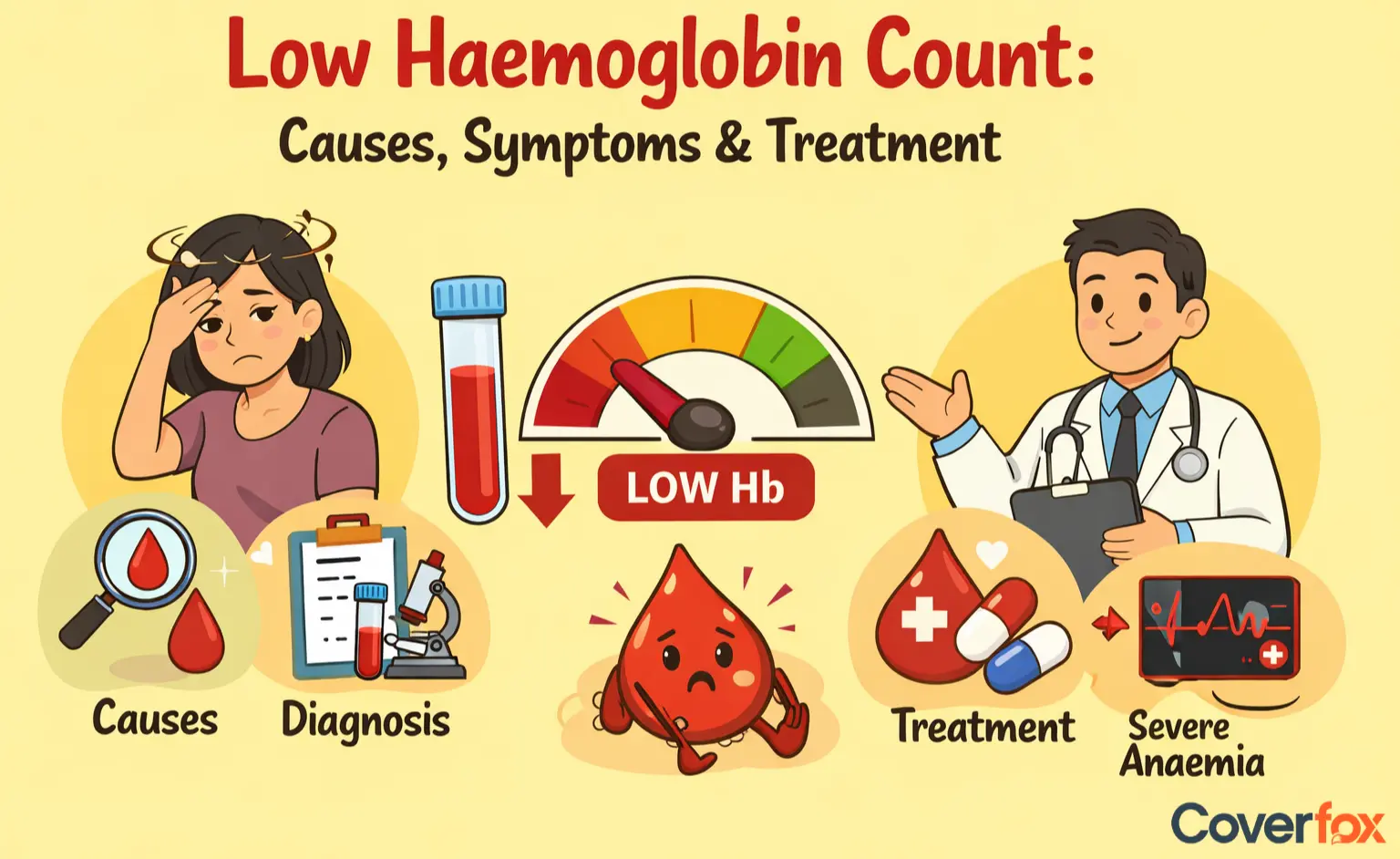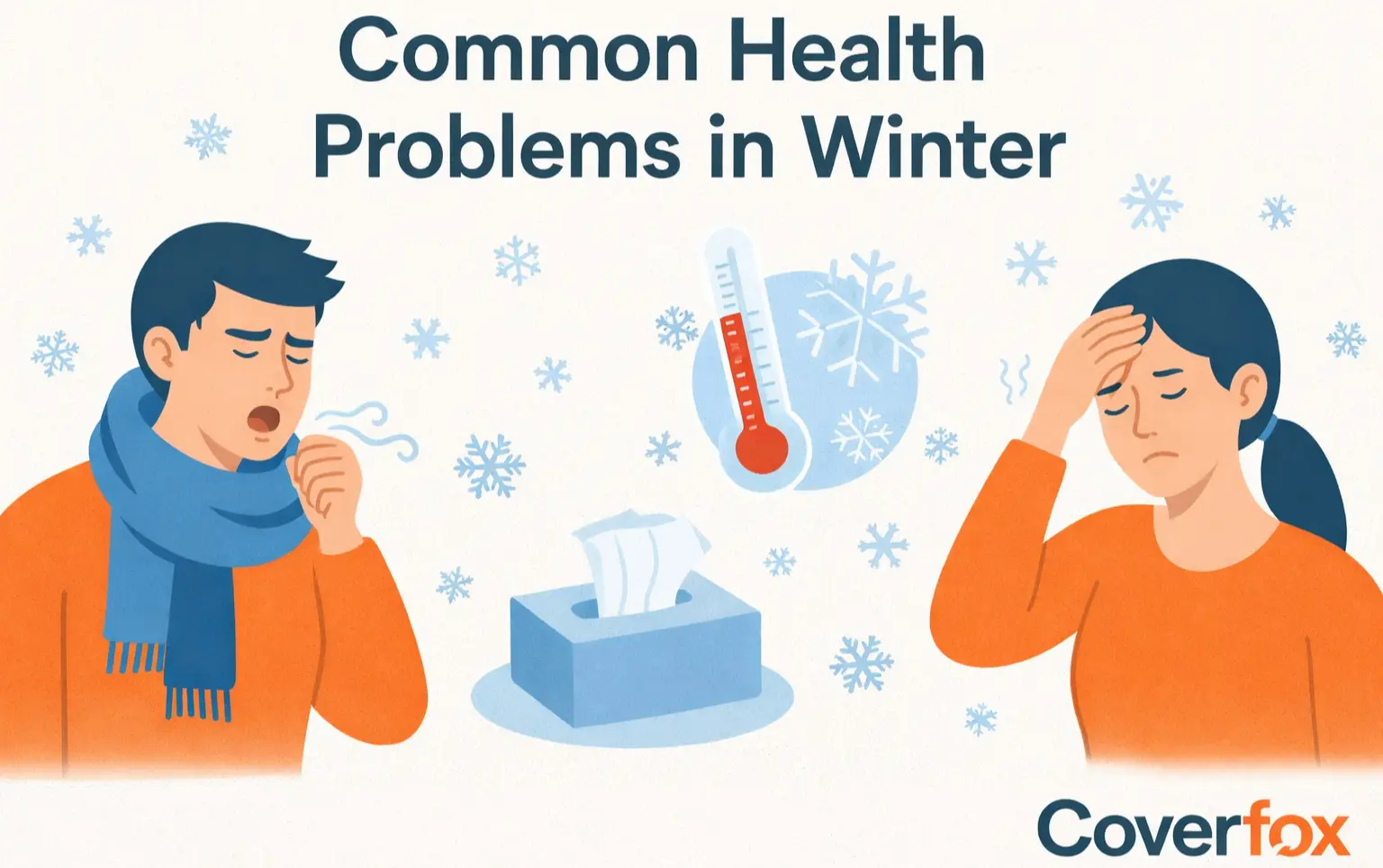There are 6 advantages of maintaining a health insurance card. Read this article to know more.

Nowadays, every individual must have a health insurance plan to protect themselves and their families from high medical bills in the event of a medical emergency. With the rising expense of healthcare in India, it is critical to have adequate insurance to ensure complete financial stability in the event of an emergency.
When a policy is purchased, the health insurance companies issue a health card to the policyholder. Although a health card appears to be the same as a standard debit or credit card, it is extremely beneficial when filing claims. Continue reading to learn about some of the most crucial advantages of obtaining a health insurance card.
When it comes to filing claims, health insurance cards come in handy. Here are six of the most significant benefits of health insurance card on hand when you are hospitalized and a claim develops -
6 Benefits of Having a Health Insurance Card
You can Avail the Benefit of Cashless Hospitalization
Health insurance cards are only valid if you are hospitalized in one of the insurance company's network hospitals and receive cashless care. When you are admitted to a network hospital, you must submit your health card. If you have the card and produce it when you are admitted to the hospital, you can begin the cashless claim procedure and get your claim reimbursed promptly and conveniently.

Your existing health plan may also provide accident insurance coverage for all accidental claims.
You can contact the Insurance Company Easily
Your health insurance company may have a toll-free helpline number that you can call in the event of a claim or if you have any questions. How many of you can recall this number, or any other emergency number provided by your insurance company? Few do, and this is where a health card comes in handy. The health insurance companies emergency hotline number is included on the card. As a result, you can verify the number on the card and contact the insurer to notify them of your health insurance claim. Informing the insurance company of the claim is the first stage in claim settlement, and the health card allows you to do so by providing contact information.
You can Get the Policy Details at a Jiffy
When notifying the insurance company of the claim or filling out the claim form, the policyholder must include the policy number and customer identification number so that the health insurance companies can verify the information. Furthermore, it is crucial to be aware of the features and benefits provided by the policy, such as whether or not the policy includes critical illness coverage, and so on.
In an emergency, searching for policy documents to obtain insurance numbers and other details might be time-consuming. The health insurance card carries a Unique Identification Number (UIN), which can be used to quickly obtain policy information.
This Card Serves as an Identity Card for Cashless Treatments
When the policyholder uses the cashless hospitalisation,the health card also serves as an identity card. The hospital is guaranteed the policyholder's identification and permits him/her to receive cashless services by using the information on the card and verifying it with the ID evidence.
Specifies the Validity Date
The activation date of the health insurance policy is included on the health insurance card, just as it is on the credit or debit card. After the validity date has passed, the policyholder must renew the policy and a new card will be provided to them. As a result, the policyholder is better able to pay the policy's regular premiums and renew the policy at the appropriate time to assure consistent coverage.
Clarifies the Eligibility of the Claim
The card's final advantage is that it certifies your claim. When you produce your card for cashless treatments, the hospital can cross-check policy records, your identity, and the validity of your health insurance plans. When everything is in order, the hospital can authenticate your claim and authorise cashless services. This is also true for any critical illness insurance claims that may emerge in the future.
Given the cardholder's benefits, you should always keep it with you at all times. You never know when an emergency will occur and you will need to be hospitalized. If you have the card with you, you can present it to the hospital to minimize delays in cashless procedures. So, just like your credit and debit cards, keep the card in your wallet so it may be used at any moment. Also, remember to notify your family about accident & medical insurance plans coverage characteristics so that it can be employed in an emergency when you are not in a stage to act upon it.


